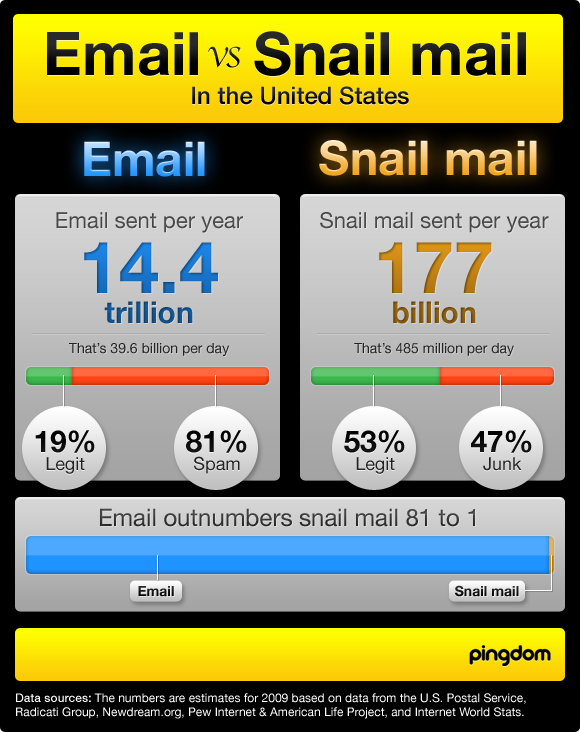Well, do you know what you want? Yes, ok - great...
 |
| From Google Images |
- no problem
Let's check some web sites.
Who would have thought that we'd have this capability even 20 years ago?
Now - no web site - very often - no sale...
The fact is the Web is transforming business in ways we still trying to grasp. And leading the way. Today, if your company doesn't have a web-presence, you lose credibility.
And with B2B - business to business, C2C (consumer to consumer - think eBay), C2B and B2C, so much information is online, in real time. With virtual shopping carts, instant inventorying, shipment tracking, businesses need to be Internet connected in order to be competitive.
And this virtual market place has literally provided stores without walls. Someone with a product in outer Mongolia can sell to someone in South America. This is redefining markets - stepping outside constrictions of time, space and geographic location.
Note - eBay - probably one of the biggest e-businesses with no inventory, no shipping, no warehouses, no orders to fill - HUGELY profitable - Who could ask for more?
Little did banks know in the 1960's that the simple ability to transfer funds electronically (EFT) would be a foundational pillar of our current online marketing structure. Paychecks, bill paying, and withdrawing money from an ATM all use EFT technology.
So get social, pull up a cloud, or do cyber business - it's all there - just a click away.
For your clicking pleasure -
Facebook Google Docs Blogger
Any Store! Any Bank! Any Hobby!
ANY WHERE ! ! !




























